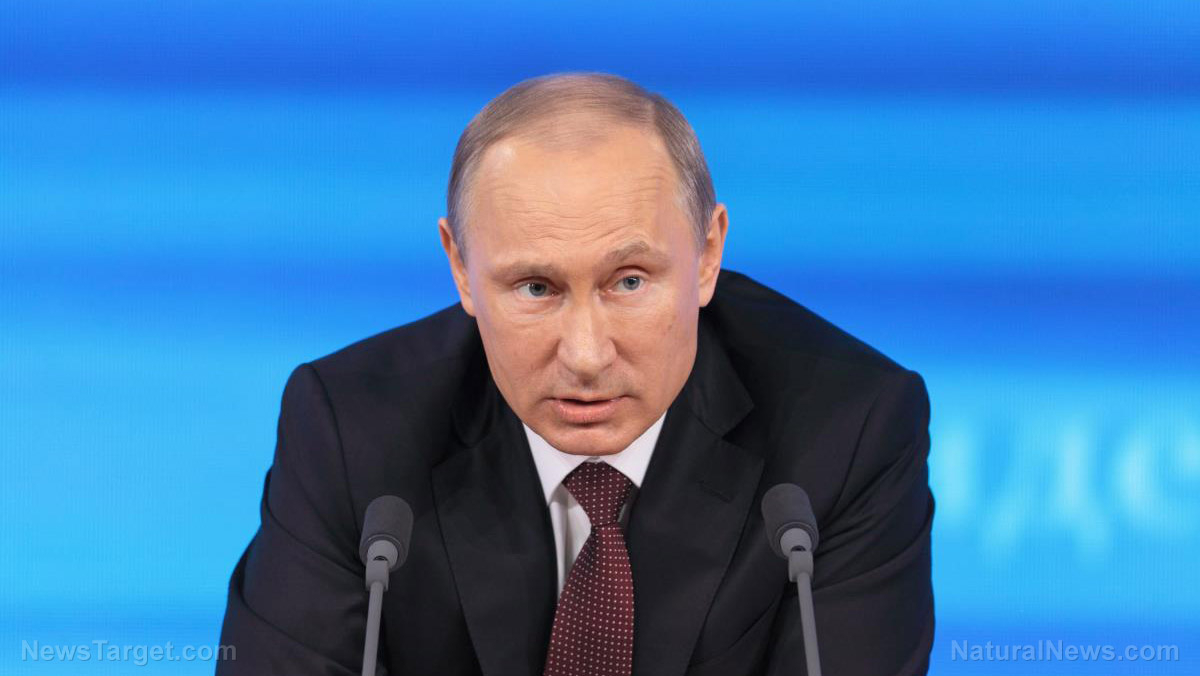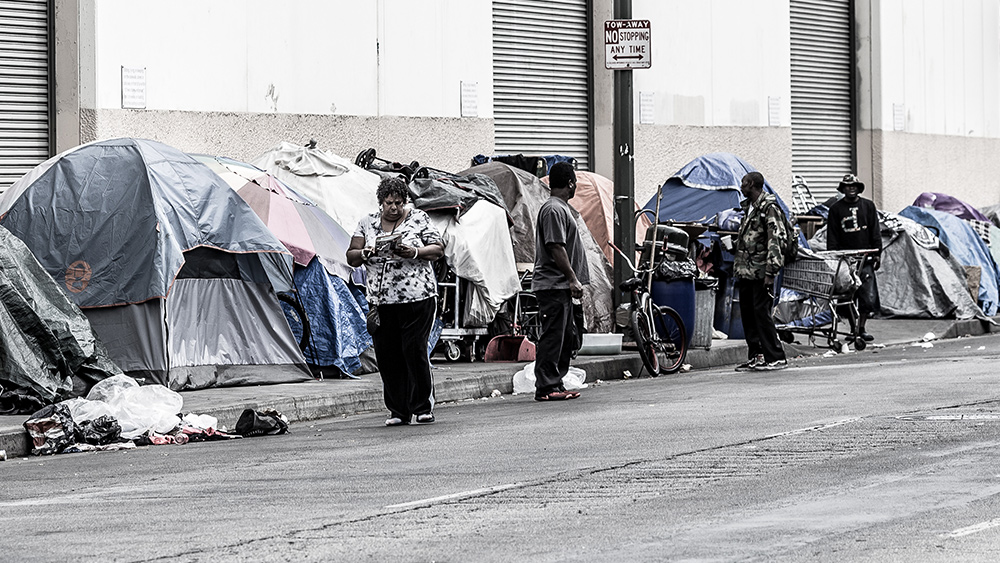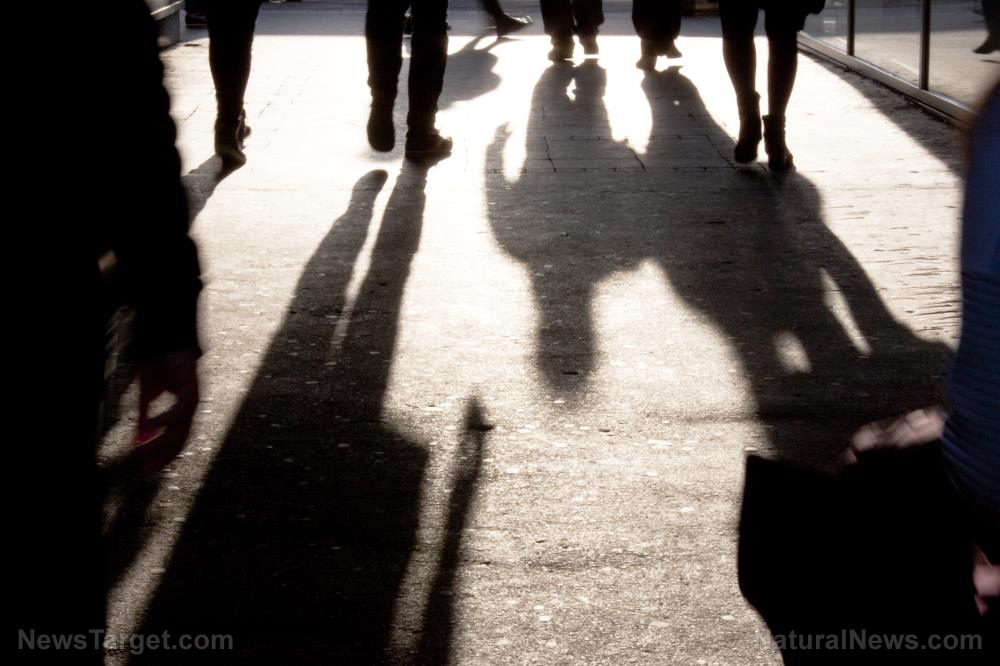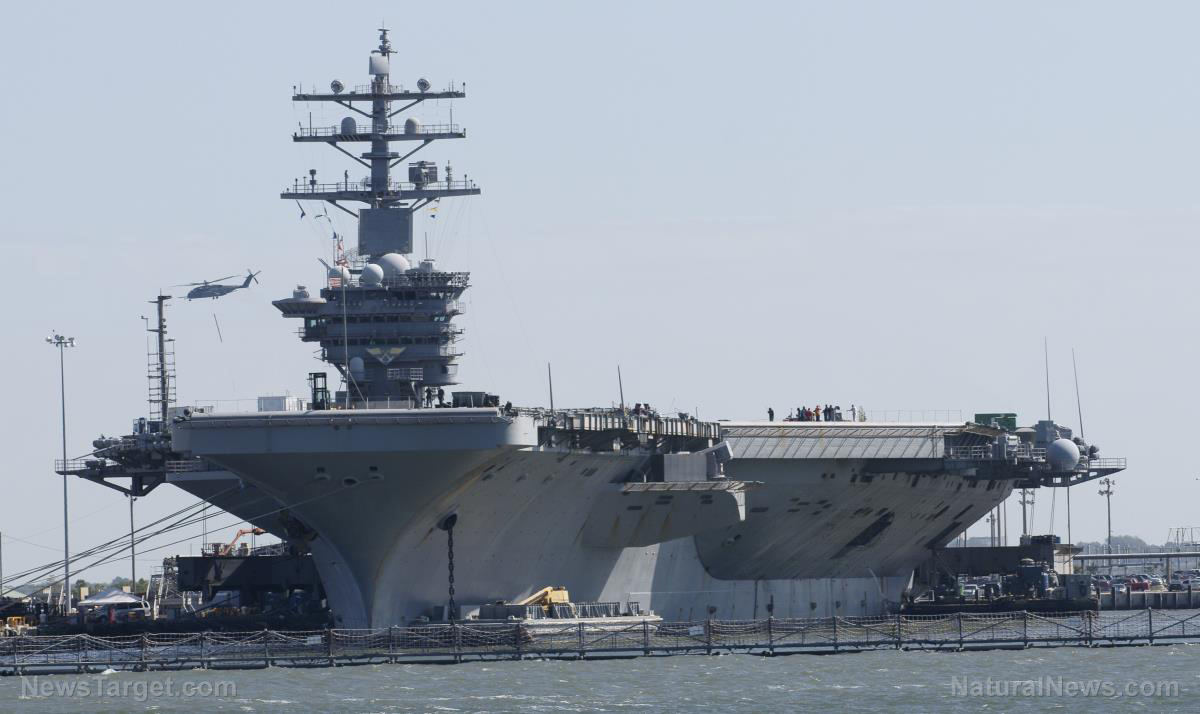 Parler
Parler Gab
Gab
- The film profiles settlers like Yair, who weaponize biblical claims to justify violence and land seizures, dismissing Palestinian ties to the West Bank as illegitimate. Settlers invade homes, destroy property and operate with military impunity, reflecting a broader erasure of Palestinian history.
- Families like Layla’s endure daily harassment, arson and raids but defiantly hold onto their land. Scenes in Tulkarem and Gaza underscore the human cost of displacement, countered by Palestinian resistance and the rallying cry: “This is our land.”
- Israeli authorities enable settler extremism: soldiers ignore or aid attacks, while figures like Daniella Weiss and Itamar Ben-Gvir mainstream expulsion rhetoric (e.g., resettling Gaza). The military systematically disarms Palestinians, reinforcing oppressive power dynamics.
- Dissenters like Yasmin, an anti-Zionist videographer, document abuses and build solidarity with Palestinians but face marginalization. The documentary contrasts their moral defiance with the growing normalization of exclusionary settler politics.
- The film critiques Zionist narratives that erase Indigenous Palestinian identity while grappling with the ethics of platforming extremists. It calls for global attention to Palestinian agency and justice beyond militarized oppression, framing land as a battleground of competing truths.
Settler extremism
The film’s central figure, Yair, encapsulates the combative ethos of settlers in the West Bank. A fluent English-speaking extremist, he surveys the hills of Nahalin — a Palestinian village — and proclaims, “Everything is Jewish land.” Holding an assault rifle, he frames Palestinians as “savages” devoid of law or humanity. His group invades a vacant Palestinian home, laughing as they tour its rooms, declaring plans to establish an illegal outpost — a common tactic to cement territorial control. Yair’s logic is unforgiving: “If they stay enemies, either they’ll be dead or they’ll be out of here.” Such rhetoric is underpinned by a distorted theology and historical revisionism. Yair cites the Bible as proof of 3,500 years of Jewish sovereignty, dismissing Palestinian ties to the land as irrelevant. His mindset mirrors a deeper erasure of Palestinian history, long perpetuated in Israeli academia and state narratives. As the documentary notes, the Israeli military tolerates such actions, enabling settlers to operate with impunity. This dynamic aligns with historical attempts to frame Palestinian identity as a “failure” of modernization, while erasing their Indigenous roots.Palestinian resistance
Layla, a Palestinian mother of 15, embodies resilience. Her family farms land periodically raided by settlers, who set fire to their car, loot supplies and stride onto the property demanding coffee. Her daughter, Farah, confronts them: “Get lost!” while brandishing a camera — a modern weapon against power imbalances. Layla’s resolve crystallizes the documentary’s core tension: dual claims of ownership. “We’ll stay here,” she says. “They’re a pressure on our chest, but we’ll hold on.” Yet the toll is immense. A chilling scene in Tulkarem refugee camp reveals the human cost. After an Israeli military raid, paramedic Abdallah gestures at flattened homes and grieving families, quipping, “Do you see it’s like Gaza?” Over 40,000 Palestinians were displaced in Gaza’s subsequent Operation Iron Wall, a figure Yair dismisses with chilling callousness: “I feel more secure after 45,000 terrorists died.” His so-called “enemy” includes children, whom he claims are radicalized from infancy — a warped justification for genocide.State complicity
Daniella Weiss, a figurehead of the settler movement, epitomizes the normalization of extremism. She advocates relocating Israeli settlers to Gaza, calling it “the present God gave us,” and enlists officials like former security minister Itamar Ben-Gvir to legitimize her actions. At recruitment fairs, volunteers smirk at ethical concerns: “They’re not there anymore” when asked about displaced Palestinians. Activists like Yasmin, an Israeli videographer documenting settler violence, highlight the system’s brutality. “They won’t shoot me, but Palestinians aren’t that lucky,” she says, recounting 30 violent incidents. State coercion amplifies settlers’ power. Soldiers stand by during attacks, disarming Palestinian retaliation while appeasing colonists. Yasmin captures a soldier actively aiding settlers: “They point guns at victims to deter them.” This corroborates accounts from Palestinian survivors and human rights groups, which the documentary spares from abstract analysis, framing them through visceral first-person narratives.Voices of dissent and silence
Yasmin’s presence underscores internal Israeli dissent. A Jewish woman rejecting military service, she grapples with guilt: “I’m doing Zionism even if I’m not Zionist.” Her friendship with Layla mirrors a tiny but critical cross-border solidarity network, often condemned by extremists. Yet the documentary notes that such perspectives remain marginalized in Israeli public discourse, as settler rhetoric increasingly normativizes exclusion. The film’s release coincides with heightened global scrutiny of Israel’s policies. A UN report condemns Operation Iron Wall’s displacement of 40,000 Palestinians, yet international law’s wrists remain tied. As Yair’s outpost persists, Layla’s family clings to their home — a microcosm of a broader struggle where “Our Land” is not just a title, but a battleground between competing truths.Beyond the frame
Our Land transcends typical war reporting, offering an unflinching look at how colonial ideology festers into extremism. For decades, Palestinian narratives were obscured by Zionist historiography that erased Indigenous rights — a theme recurring in the documentary’s exploration of “Who narrates history?” The filmmakers’ commitment to balancing voices, even while enhancing settler visibility, raises ethical dilemmas: Does giving extremists a platform risk legitimizing their heinous claims? Ultimately, the documentary underscores the urgency of recognizing Palestinian humanity and agency. As Layla and Yasmin embody hope in their defiance and dissent, Yair’s jingoism reveals the stakes of forgetting the past. “This is our land,” echoes across centuries — a claim that demands resolution beyond bullets and flags. In Bridgwater, a historical skeleton from Roman Britain carries a Jewish coin, a poignant reminder: history is not static, and its lessons count most in the present. Let Our Land provoke not just outrage, but renewed commitment to justice that transcends the barrel of a gun. Sources include: MiddleEastEye.net TheTruthSeeker.co.ukPutin announces three-day ceasefire in Ukraine for Victory Day, raising skepticism and hope
By Belle Carter // Share
If October 7 justifies the Gaza genocide, what acts of violence will the Gaza genocide justify?
By News Editors // Share
California bill proposes letting homeless students sleep in their cars
By Ava Grace // Share
By News Editors // Share
Governments continue to obscure COVID-19 vaccine data amid rising concerns over excess deaths
By patricklewis // Share
Tech giant Microsoft backs EXTINCTION with its support of carbon capture programs
By ramontomeydw // Share
Germany to resume arms exports to Israel despite repeated ceasefire violations
By isabelle // Share










